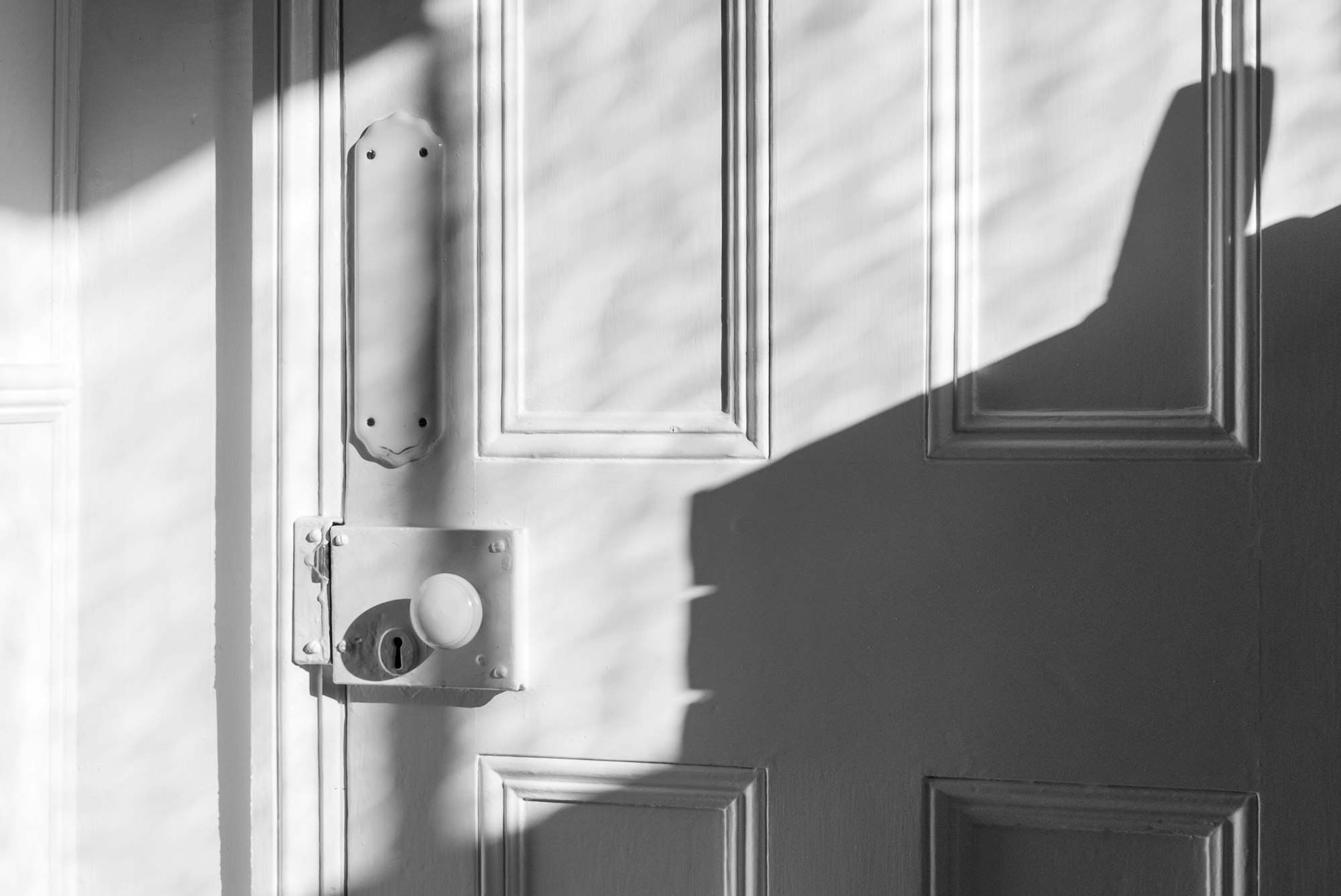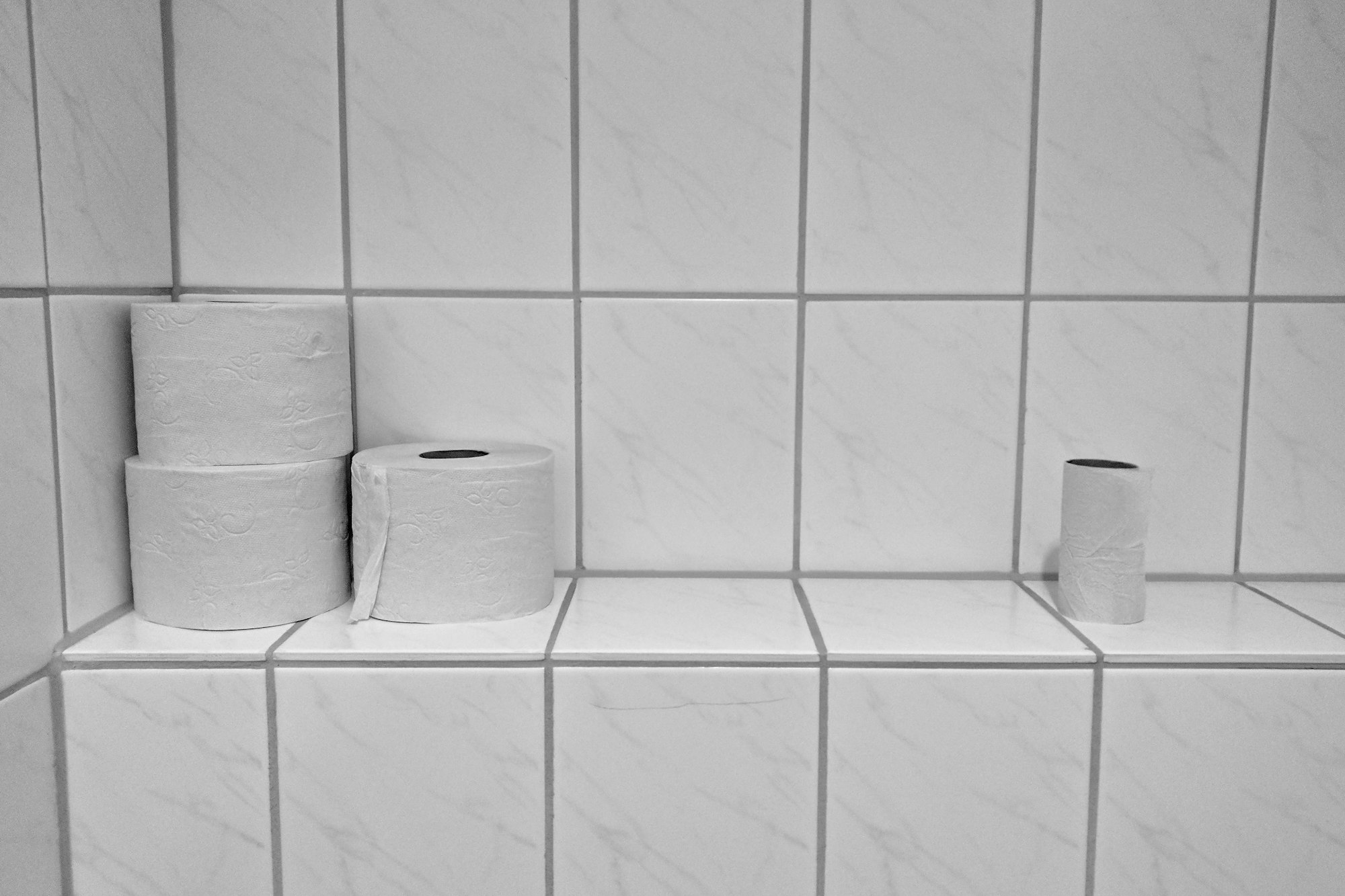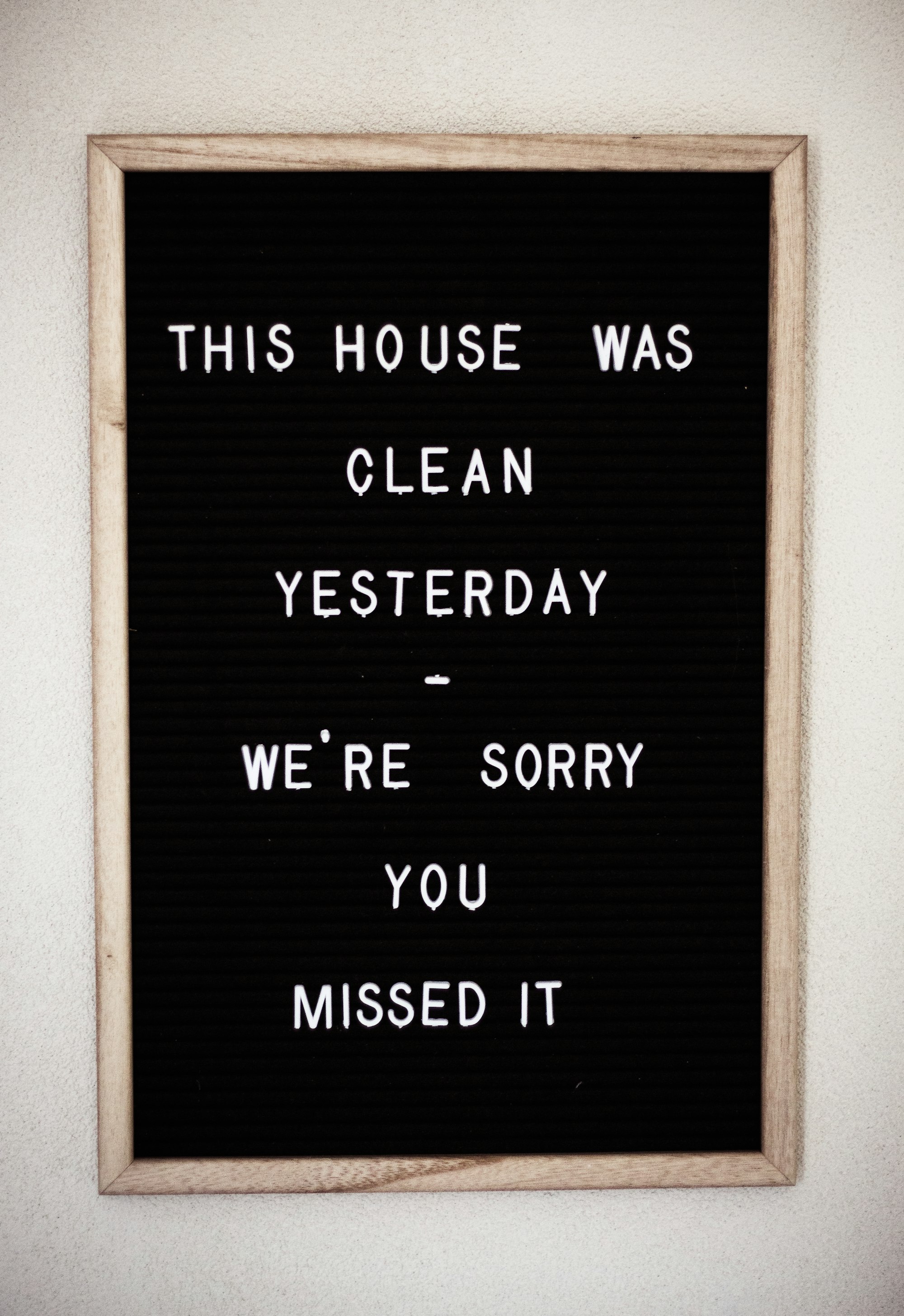Leaving mom and dad to go to university? Hello you! You're change your life forever.
Moving away from your parents' house probably sounds like a dream right now. And it is. However, the reality of sharing a kitchen and bathroom with strangers can be quite a shock.
How do you share the cleaning rounds? Who pays for toilet paper? Who is in charge of the electricity bills? And the rubbish?
The most important rule is to decide right from the beginning how you are going to split responsibilities. Below you can find some useful tips from my 8-year experience sharing a flat in London and Milan.
How to survive in a flatshare
1. Privacy first
It's really important to remember that, even if you get along super-well with your flatmates, privacy is very important. Everyone needs their own personal, private space. An example: if your flatmate is in his room and the door is closed, knock. You might be used to simply walk into your brother's bedroom, but in a shared house, you need to learn to knock.

2. Do fun things together
Especially at the beginning, it's important to get to know each other. For this reason, you should organise something social with all your flatmates. An idea, for example, can be a movie night or a picnic at a park. Or maybe cooking together.
7 Easy Recipes for the Student and Expats
3. House essential
Sharing the cost of maintaining a house is (really) important. I remember when in a particular London flat share, I was the only one buying those house essential items (and the only one cleaning!). It was not pleasant. I left after six months.

One option is to make a list of essentials that everyone in the flat uses (toilet paper, hand soap, bin bags, olive oil, etc.) and take turns at buying them. Alternatively, you could set up a house kitty in which everyone contributes each month. Then take rounds to do the actual shopping.
Another good idea is to get one of those blackboards and make a note of who bought what, when and how much was spent. It avoids embarrassing arguments and silly fights.
And remember: if you accidentally use somebody's else things (milk, shower gel...), always make sure to replace or pay for it.
4. Cleaning the house
Nobody will admit it, but it is common that dirty dishes mysteriously pile up in every shared house. Why? Nobody really enjoys doing the washing up.
And I remember, again in that flat share I mentioned above, I stormed in my flatmate's bedroom and left all the dirty dishes and pans on his bed. He was particularly dirty and never seen him once cleaning.

In order to avoid this, you can set up straight clear cleaning rules from the start.
The best option is that you do your own dishes straight away. Otherwise, if you all eat around the same time or together, you could set up a washing-up rota where you each take turns to do them.
Here are the best rules to have a clean house and surviving a flatsharing. Remember that was you consider sparkling clean might be not clean enough for someone else. Or you might be ok with a dirty dish and others will feel like vomiting instead.
To live in a clean student house seems almost impossible, but the truth is that with a little bit of organisation, it can be done. It's also easier to keep a house clean by doing a bit every day rather than waiting for a Big Clean once a month.
Here's some extra tips for your cleaning chores:
- Organise group clean ups
Put on some music and clean the house all together. Maybe do this on a Saturday afternoon and I promise you that between scrubbing and washing up you will also have a good laugh! - Set up a household cleaning rota
As mentioned above, it's easier to keep a clean house that having to start from scratch every two / three months. So, make sure that, on a rotation, communal areas are cleaned once a week avoiding that it gets super dirty and it shouldn't take too long to clean each time. On the same board mentioned above, also make note of the stuff that needs to be done along with everyone's names and 'last cleaned' date.

- Clean up your own mess
Always make sure to clean up after yourself if you don't want your flatmates to hate you. - Get a cleaner – This might sound like a mad expense, but a surprising number of student landlords or halls provide some kind of cleaner. Even if they don't, hiring one can be totally worth the expense if you find cleaning is causing arguments. The average hourly rate for a cleaner is roughly £10 – £15 an hour, depending on how long you leave between cleans (and how dirty your flat is!). If you get someone in once every two weeks and you're a house of five, that's likely to work out at less than a tenner each.
5. Bills
If you're living in a house without bills included, you're going to have to learn to share it all up equally.
First of all, you need to remember that there are a lot of different bills to be paid: water, gas and electric to broadband, TV and even council tax.
Saving Money: How to Change your Utility Company
There are two main options to deal with bills. The first is that you divide the bills amongst all of you so that one deals with water, the other with the internet and a third with electricity (don't forget that bills are an excellent proof of address when you need to rent an apartment in London and other places). The bills are obviously coming in different amounts, but you can make note of this and go even in cash. Otherwise, you can also have one person in charge of all the bills who will also collect the money every month. This is obviously the smoothest option but it can be quite tricky for the one person especially if others are late with their part or forget about it. My pro tip is to track everything on an app like Tricount which excellent to see exactly how much everyone has chipped in or is due.
Want to discover more about living in a shared house? Keep reading!
